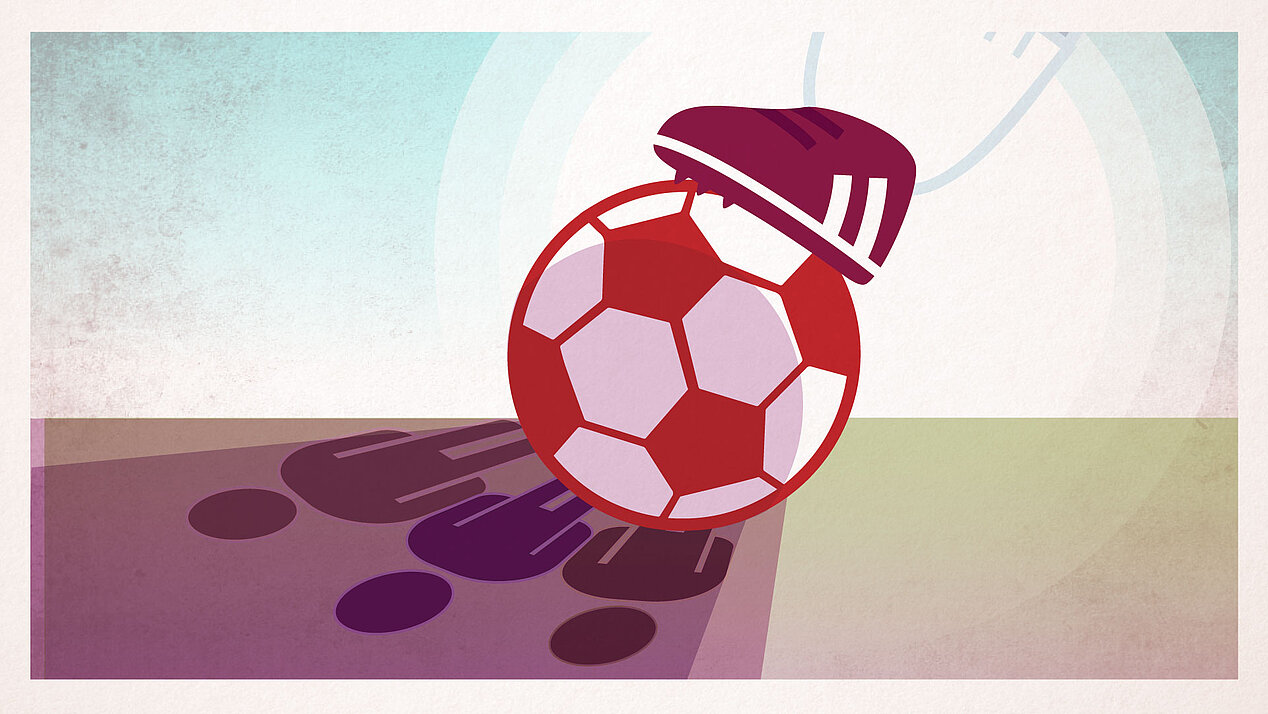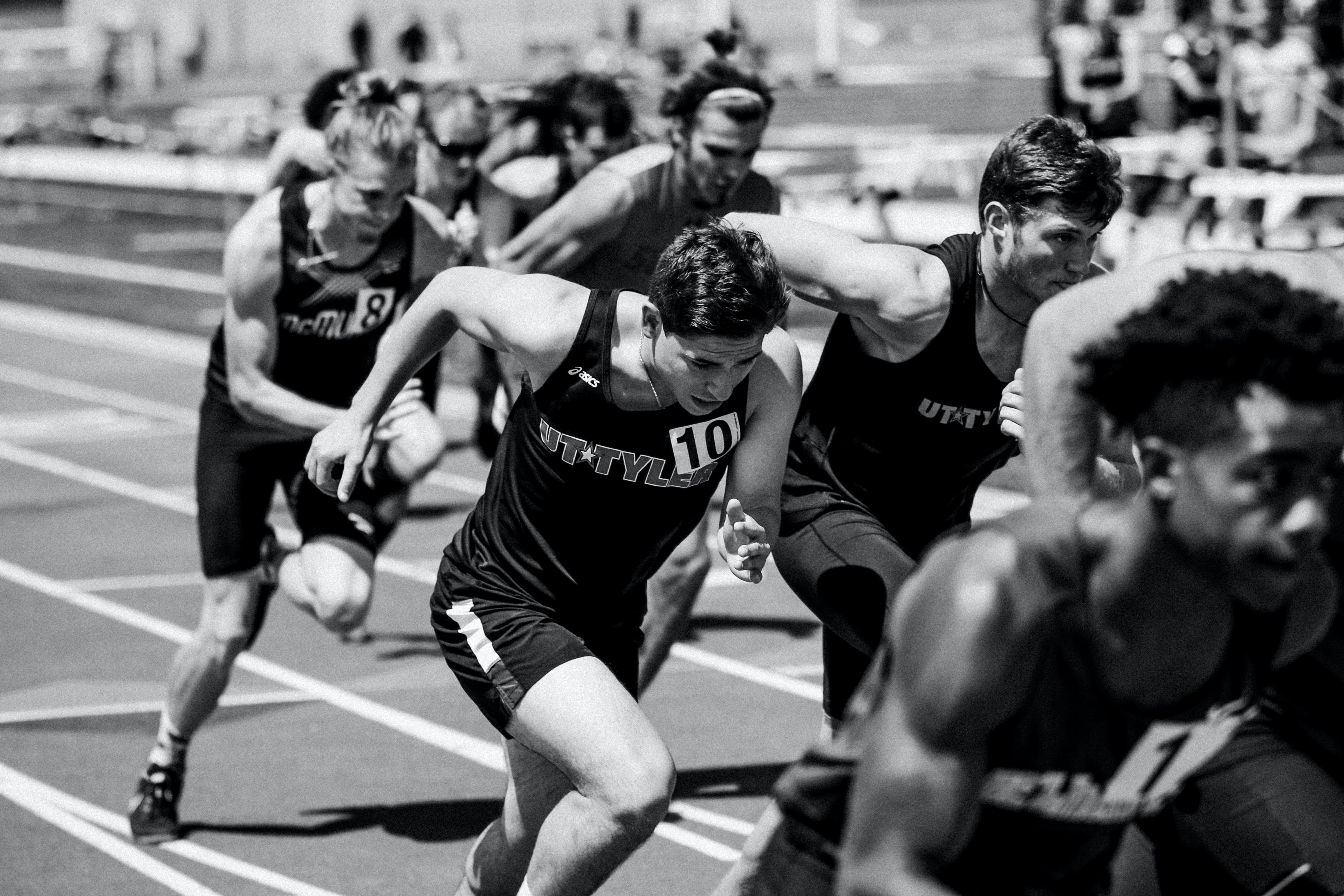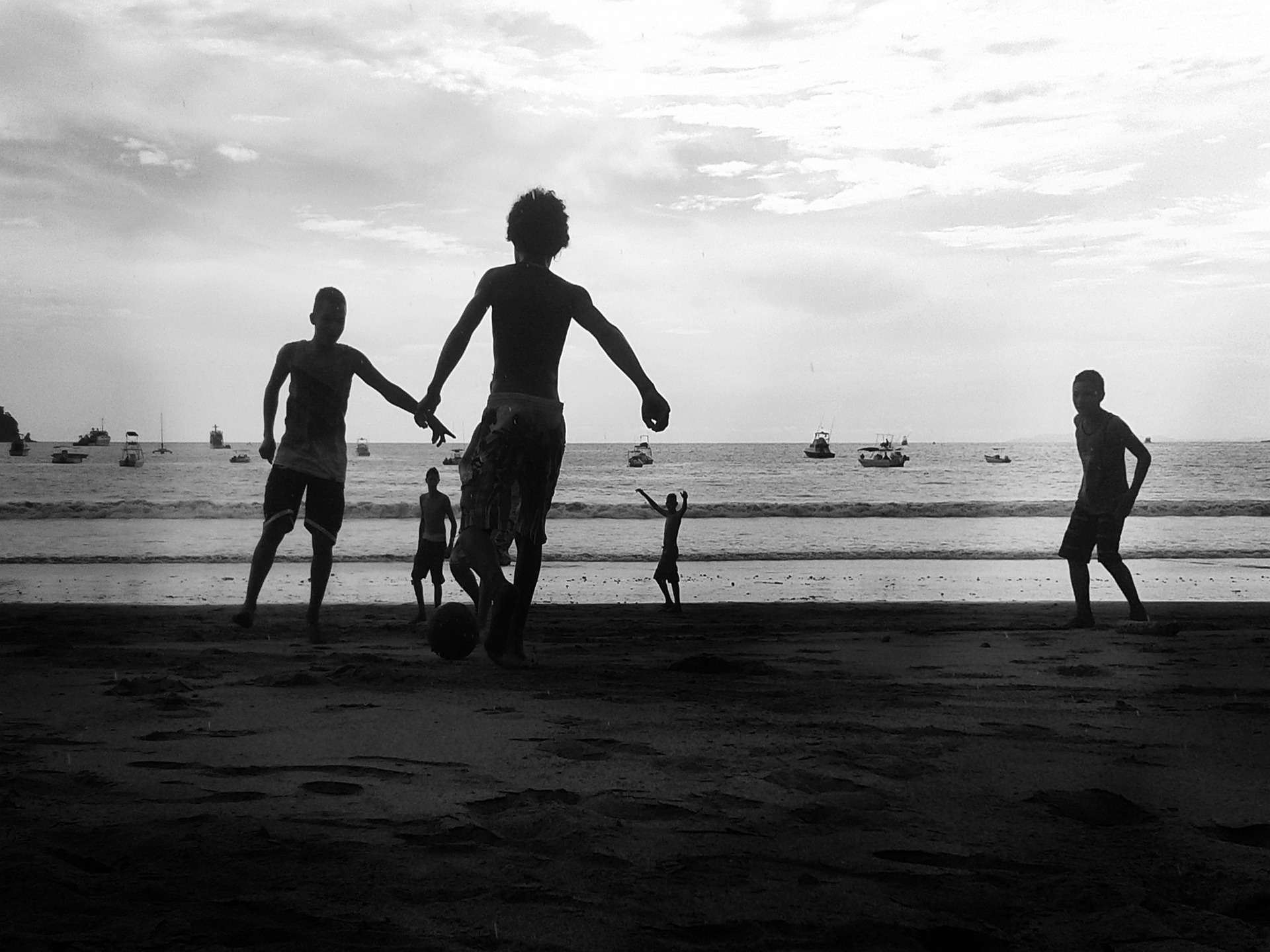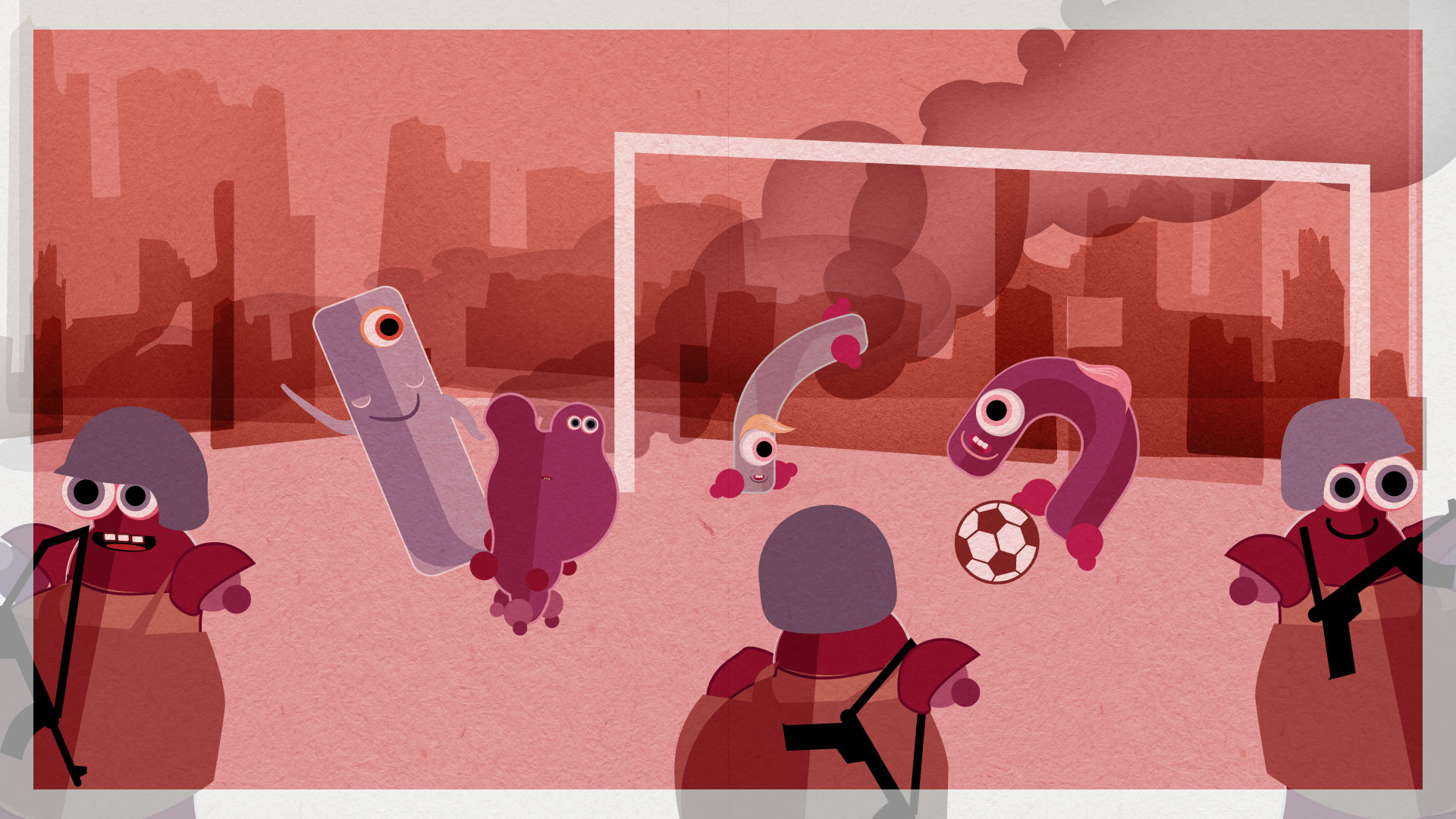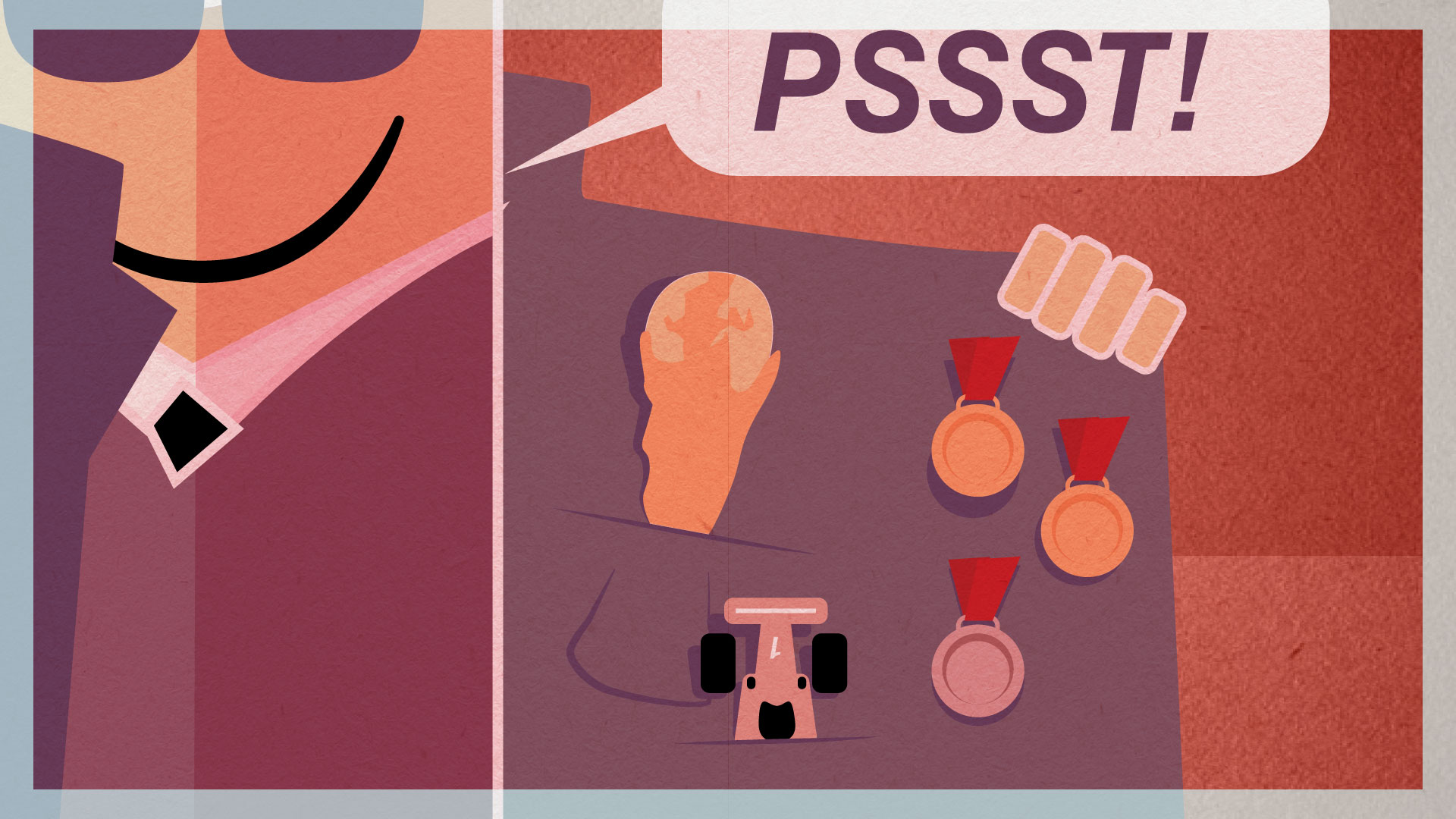The Olympic Games, the FIFA World Cup and other mega sporting events are some of the world’s great unifying moments. They bring people together in an international celebration of outstanding performance, intercultural spirit, peace, and human solidarity. Children and adults alike look forward to these events and the many benefits they have to offer.
Most major sports governing bodies boast about the formal ethical constituencies that they have given themselves. But in many cases these exemplary objectives remain empty phrases.
However, these benefits are not universally shared. Corruption, greed, political tactics, and human rights violations are casting clouds over recent and future mega sporting events. They may directly and indirectly affect human and children’s rights, or aggravate those already existing in the country. Of course it is undeniable that mega sporting events provide many social opportunities and reasons for public pride. But on the other hand it is equally undeniable that they are not positive for everyone. Most major sports governing bodies boast about the formal ethical constituencies that they have given themselves. But in many cases these exemplary objectives remain empty phrases.
The Olympic Charter proclaims: ‘The goal of Olympism is to place sport at the service of the harmonious development of humankind with a view to promoting a peaceful society concerned with the preservation of human dignity’. However, forced evictions and increased policing are illustrations of the consequences of mega sporting events for the local population, which contradict these fundamental principles of the Olympic movement.
The FIFA Statutes 2015 contain similar inconsistencies between theory and reality. The FIFA General Provisions foresee, for instance, an article on non-discrimination ‘of any kind against a country, private person or group of people on account of race, skin colour, ethnic, national or social origin, gender, language, religion, political opinion or any other opinion, wealth, birth or any other status, sexual orientation or any other reason is strictly prohibited and punishable by suspension or expulsion’.
With regard tothe FIFA Statutes and the publicly displayed homophobia linked to the Winter Olympics in Sochi 2014, how is it possible that the next FIFA World Cup will again take place in Russia? And what about the FIFA World Cup 2022 in Qatar? This future Arab host country also criminalises homosexuality.


